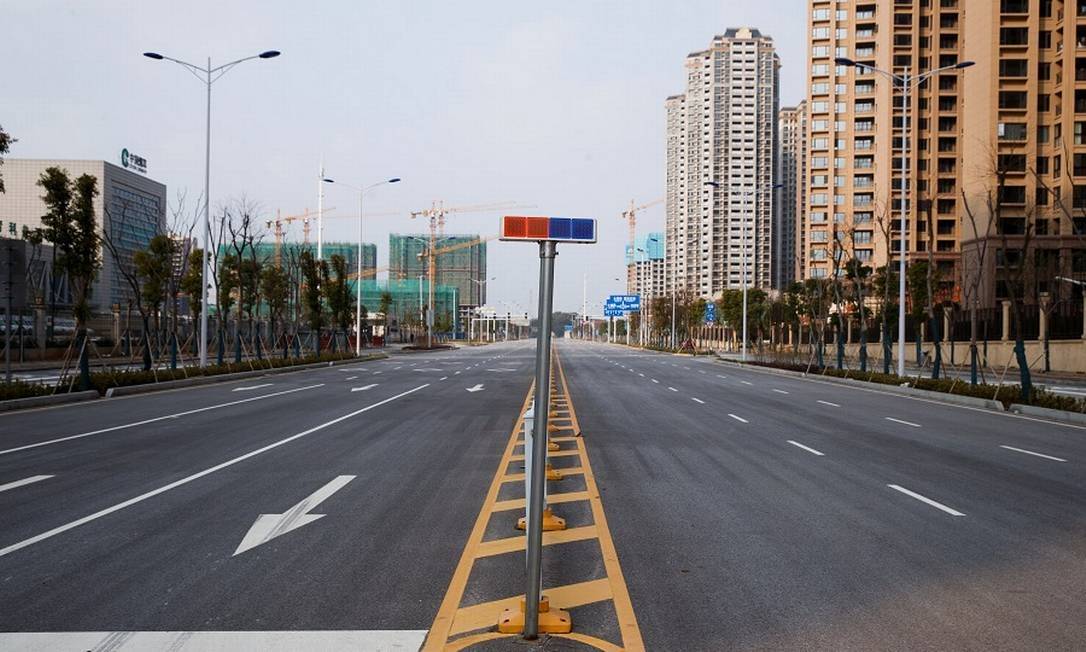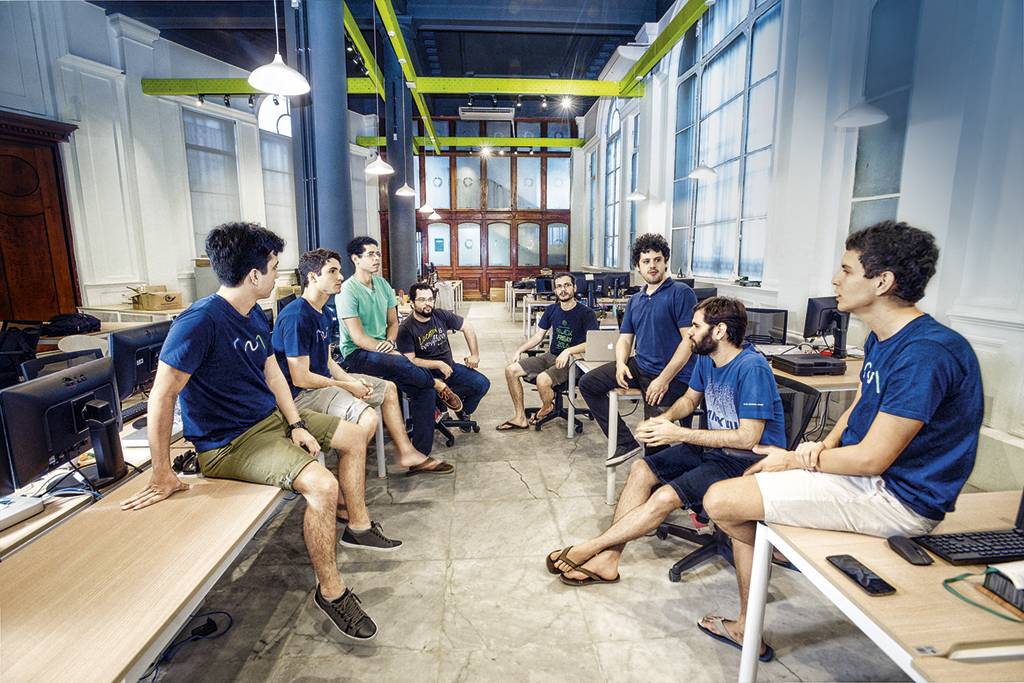RIO DE JANEIRO, BRAZIL – Over half of the Brazilian population is in isolation due to the coronavirus crisis. This is shown by a survey of the Brazilian Startup ‘In Loco‘ based on technology that analyzes data from over 60 million mobile devices throughout Brazil.

The geolocation company developed the Social Isolation Index, which allows mapping the movement of people within specific regions and measuring which present greater social distancing.
In Loco has applied the Social Isolation Index technology to Brazilian state capital cities, where approximately 50 million people live.
The latest available data, on March 30th, shows that Florianópolis is the capital that has most adhered to social isolation, with 63 percent of its population indoors. Next are Porto Alegre, Brasília, and Recife, all three within the 60 percent range.
Developed less than ten days ago, the tool is free for governments to access. So far, 20 states have partnered with the company and are starting to collect reports that provide cartographic and statistical data, from which it is possible to infer the percentage of people who have not moved from the neighborhood where they live.
“The goal was to apply our geolocation technology to help guide authorities and governments to take more assertive initiatives on the crisis,” says André Ferraz, In Loco’s founding partner and CEO.
The city of Recife, where In Loco’s headquarters are located, was the first to employ the tool in order to act to contain the spread of Covid-19.
With information on the flow of people on the streets, the city has sent sound cars and firefighters to neighborhoods where low adherence to social isolation is detected to raise awareness of the risk of spreading the coronavirus.
Based on the startup’s data, it is noticeable that the adherence to isolation has intensified since March 21st. By that date, Brazil had recorded over 1,000 infections. On the same day, governors began to disclose restriction measures, such as closing businesses and non-essential activities.

In the city of São Paulo, for instance, 55 percent of the population was isolated on Saturday, March 21st, when the governor of São Paulo, João Doria, announced a 15-day quarantine in the state as a measure to fight the pandemic.
On the preceding day, March 20th, the percentage of the isolated population was 35 percent. Over the past ten days, the São Paulo capital’s index has not dropped below 50 percent on any day.
In Loco figures also show that President Jair Bolsonaro‘s statement on March 24th calling for an end to “mass confinement” and a return to work had no effect.
In all capitals, the index of social isolation remained stable or rose slightly the day after the president’s speech on national radio and TV.
Despite the initial adherence, the indicator measuring social isolation has remained stable throughout the country in recent days.
“It is worrying that the numbers in Brazil are not evolving. Around 45 percent of the population is still resisting isolation and this endangers the strategy of containing the pandemic,” says Ferraz, whose company typically operates with geolocation applied to retail and banking security.
In Loco’s technology is capable of collecting location information through sensors present in smartphones, such as Wi-Fi, Bluetooth, GPS, among others. But the company does not have access to the civil identification data of cell phone owners, such as name, ID, CPF (Registration of Individuals) and e-mail address, for instance.
Countries such as China and South Korea have already used population monitoring technologies to halt the spread of the coronavirus and were successful with the strategy. It remains to be seen whether technology in Brazil will also play a decisive role in containing the pandemic that has already killed nearly 50,000 people worldwide.
Source: Exame

